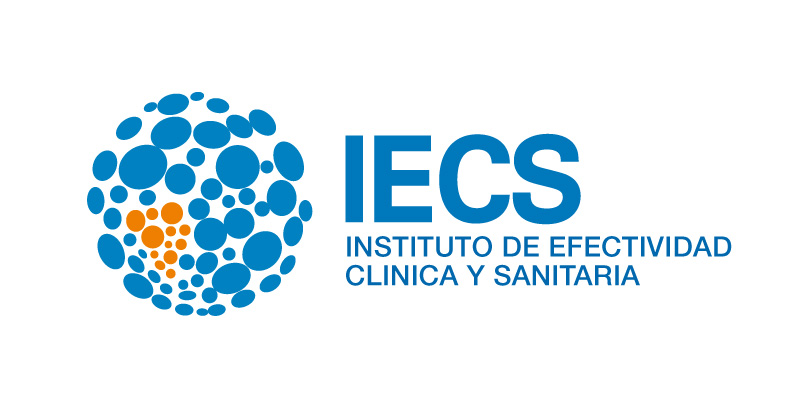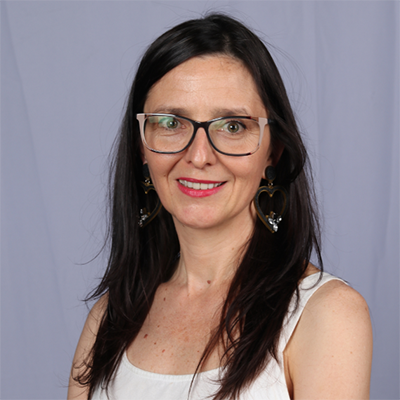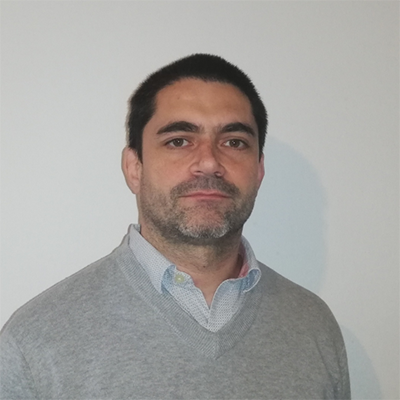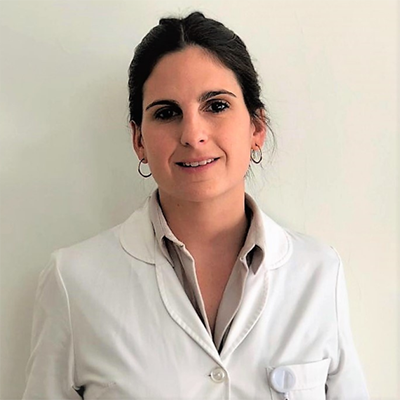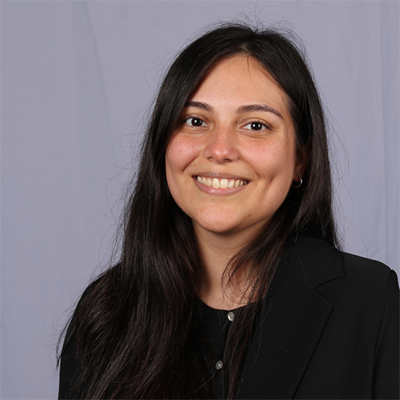|
 The NatalIA The NatalIA
“ The project presented by Universidad Galileo in Guatemala proposes the creation of a software tool based on Artificial Intelligence that allows extracting fetal planes of interest to obstetrics professionals using ultrasonography (US) video sequences captured by local health providers who do not They have training to carry out US studies.
More information find it here.

From local success to global mass customization: How to create a recommendation system to transform a generic pedagogical experience in WhatsApp into a personalized hyper-scalable pedagogical chatbot of Sexual Reproductive Health, breaking the cycle of poverty
The project presented by Tirando x Colombia SAS BIC in Colombia consists of the development of a personalized and scalable chatbot that provides a personalized pedagogical experience through WhatsApp based on Artificial Intelligence to improve decision-making and guarantee access to contraceptive methods in the adolescent population.
More information find it here.

Strategy based on artificial intelligence to support safe decision making in adolescents and young people in the prevention of unwanted pregnancy
The project, presented by the Institute of Public Health of Colombia, is the development of a Conversational Virtual Assistant based on artificial intelligence aimed at preventing unwanted pregnancy in the adolescent population through an innovative education model that aims to modify cognitive aspects and gaps.
More information find it here.

Automatic detection of consultations to support sexual and reproductive health care for people with disabilities
The project, presented by the Interdisciplinary Center for Studies in Science, Technology, and Innovation (CIECTI) of Argentina, aims to develop a tool that allows identifying Sexual and Reproductive Health consultations of people with disabilities based on artificial intelligence models applied to Electronic Health Record (EHR) data, with special consideration for women.
More information find it here.

Feasibility study for the development of a remote and real-time diagnostic system for cytological samples of fixed cervicovaginal smears (PAPs) assisted by Artificial Intelligence
The project, presented by the Faculty of Exact and Natural Sciences (University of Buenos Aires) of Argentina, proposes the development of the first feasibility analysis on the use of Artificial Intelligence tools to assist in the medical diagnosis of cervical cancer and contribute to the access to health for the vulnerable population, based on national data.
More information find it here.

Artificial intelligence prototype for the diagnosis and management of preeclampsia within the framework of the Godfather Hospital Strategy for the reduction of maternal mortality in Colombia
The project, presented by the Valle del Lili Foundation of Colombia, aims to design tools supported by artificial intelligence to enhance the Padrino Hospital in the diagnosis and treatment of pathologies such as preeclampsia, especially in rural healthcare centers.
More information find it here.
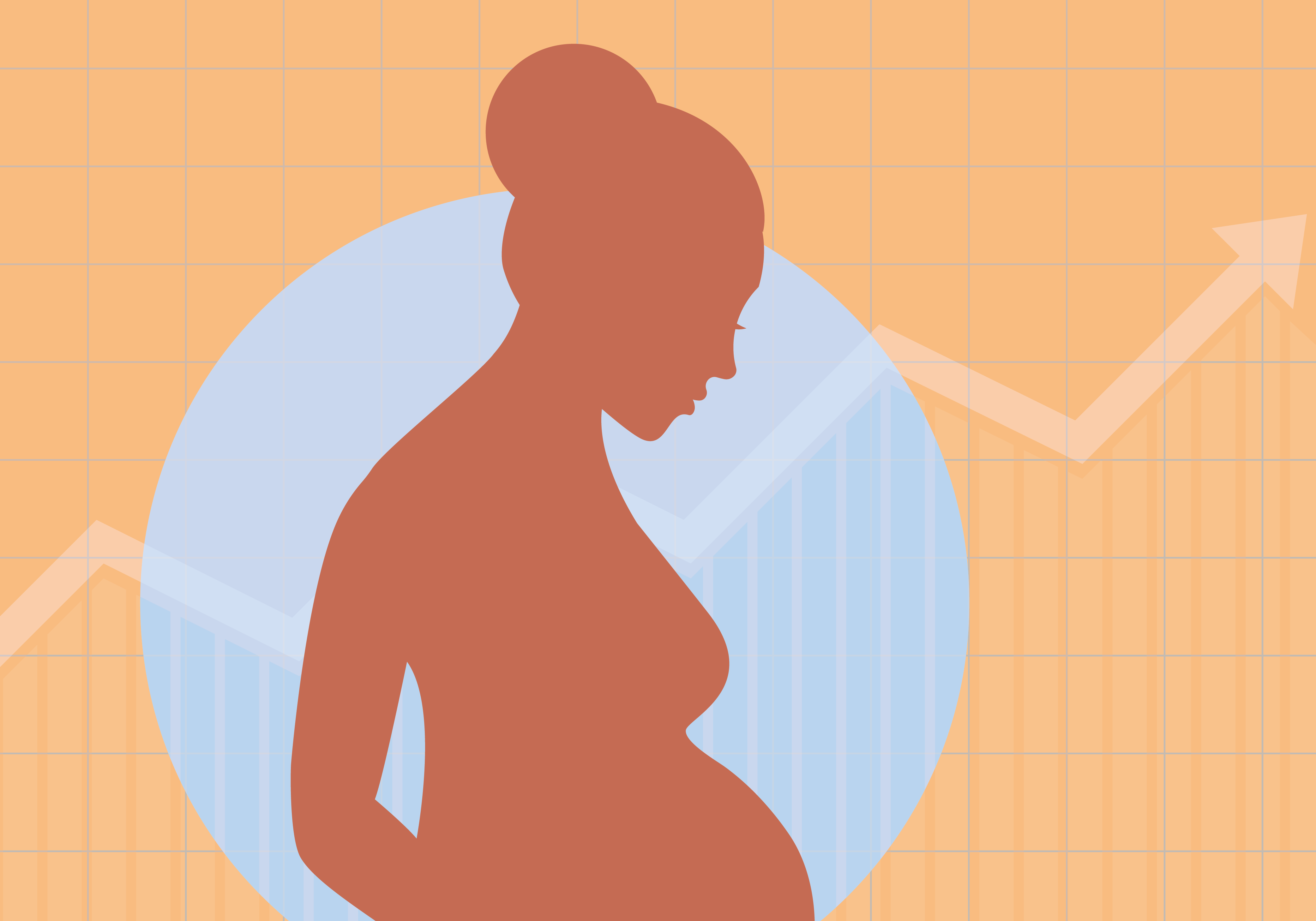
Computational phenotypes of maternal morbidity using artificial intelligence methods
This project consists of the implementation of a computational phenotyping model of clinical records for maternal morbidity in pregnant women. In the first step, data from information systems will be used, and synthetic data will be generated based on a common data model (CDM) scheme. In the second step, artificial intelligence models will be developed and validated to define phenotypes related to maternal morbidity. This research will provide free access tools to improve the characterization of patients based on different maternal morbidity profiles using data from transactional health information systems, then allowing integration into clinical and population health decision-making processes. The project was presented by Netux in Colombia.
More information find it here.

AI in Promoting Self-Sampling for Early Detection of HPV in Cervical Cancer Prevention. Researcher: Villie Morocho Zurita, Universidad de Cuenca, Ecuador. Category: Innovation
This project aims to enhance cervical cancer detection and prevention through an AI-powered application. Targeting women aged 30 to 65, it will develop a virtual assistant to guide users in self-sampling for HPV detection and provide information on cervical cancer. The project will prioritize rural communities and vulnerable groups, with a strong emphasis on data ethics and privacy, ensuring the protection of personal information. The goal is to increase participation in HPV screening and reduce the incidence of cervical cancer.
More information find it here.

AI Tool for Predicting Depression and Anxiety in Pregnant Women from the Prenatal Period to 28 Days Postpartum. Researcher: Nancy Yomayusa Gonzalez, KERALTY SAS, Colombia. Category: Laboratory
This project aims to develop an AI tool to predict depression and anxiety in pregnant women from the prenatal period up to 28 days postpartum. Using data from a retrospective cohort (2022-2023), the project will apply a CRISP-DM methodology adapted to healthcare and Agile elements for continuous development. High-quality data will enable the creation of a robust predictive model, improving healthcare efficiency and facilitating the prevention of depression and anxiety in pregnant women. The tool will be open-access, promoting equity and its implementation in various settings.
More information find it here.
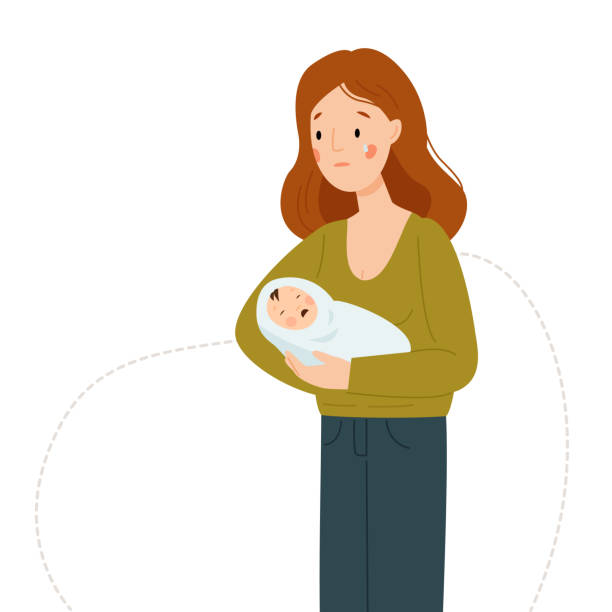
AcomParto: Supporting Women After Childbirth. Researcher: Paola Abril Campos Rivera, Instituto Tecnológico y de Estudios Superiores de Monterrey, Mexico. Category: Innovation
This project seeks to improve postpartum care in Nuevo León, Mexico, by developing an AI-powered chatbot named “AcomParto.” The chatbot will provide information on postpartum health, breastfeeding counseling, and help identify mental health issues like postpartum depression. The objective is to reduce postpartum risks, improve depression diagnosis, increase exclusive breastfeeding rates, and ultimately decrease maternal mortality in the region. The project will also evaluate the adoption of the chatbot by users of state health services.
More information find it here.

Towards Inclusive Design of Large Clinical Language Models in Spanish: Characterization and Measurement of Representational Harms for Trans Health. Researcher: Verónica Xhardez, Centro Interdisciplinario de Estudios en Ciencia, Tecnología e Innovación (CIECTI), Argentina. Category: Laboratory
This project aims to investigate potential biases in large language models (LLMs) in Spanish, particularly how they affect the representation of trans individuals in sexual and reproductive health (SRH) contexts. An interdisciplinary team will work to conceptualize and assess these representational harms, building a database and developing an automated methodology to measure and mitigate such biases in clinical and general LLMs. The project hopes to generate evidence on the limitations of these models and provide tools for future audits, ultimately reducing harms in the representation of trans individuals in healthcare.
More information find it here.

Your Body, Your Autonomy: AI Virtual Assistant for Self-Managed Abortion with Telemedicine Researcher: Gabrielle Devia Vázquez, Profamilia, Colombia. Category: Innovation
Access to reliable information and timely guidance on voluntary interruption of pregnancy (IVE) remains controversial in Colombia, where inequality in access forces many women to resort to unsafe abortion practices. In response, this project aims to advance a telemedicine-based service to support self-managed, safe abortions in Colombia, particularly in underserved regions like the Pacific. By incorporating AI into the existing chat-based service "Mía," the project seeks to enhance the service’s maturity level, ensuring timely and safe access to abortion services for women and pregnant individuals in Valle del Cauca, Nariño, and Cauca.
More information find it here.

An Innovative Approach in Primary Care Through a Virtual Assistant for PrEP Users' Follow-Up: Case Study at Ramos Mejía Hospital. Researcher: Marcelo H. Losso, Fundación IBIS, Argentina. Category: Innovation
This project aims to develop a virtual assistant to improve primary care for users of Pre-Exposure Prophylaxis (PrEP) for HIV at Ramos Mejía Hospital, Argentina. Due to high demand and limited resources, the virtual assistant will facilitate the follow-up of approximately 600 individuals already receiving PrEP, identifying issues such as adherence, tolerance, and other challenges. The project also seeks to expand the use of the assistant to other centers working with PrEP, optimizing resources and improving care in a public health context.
More information find it here.
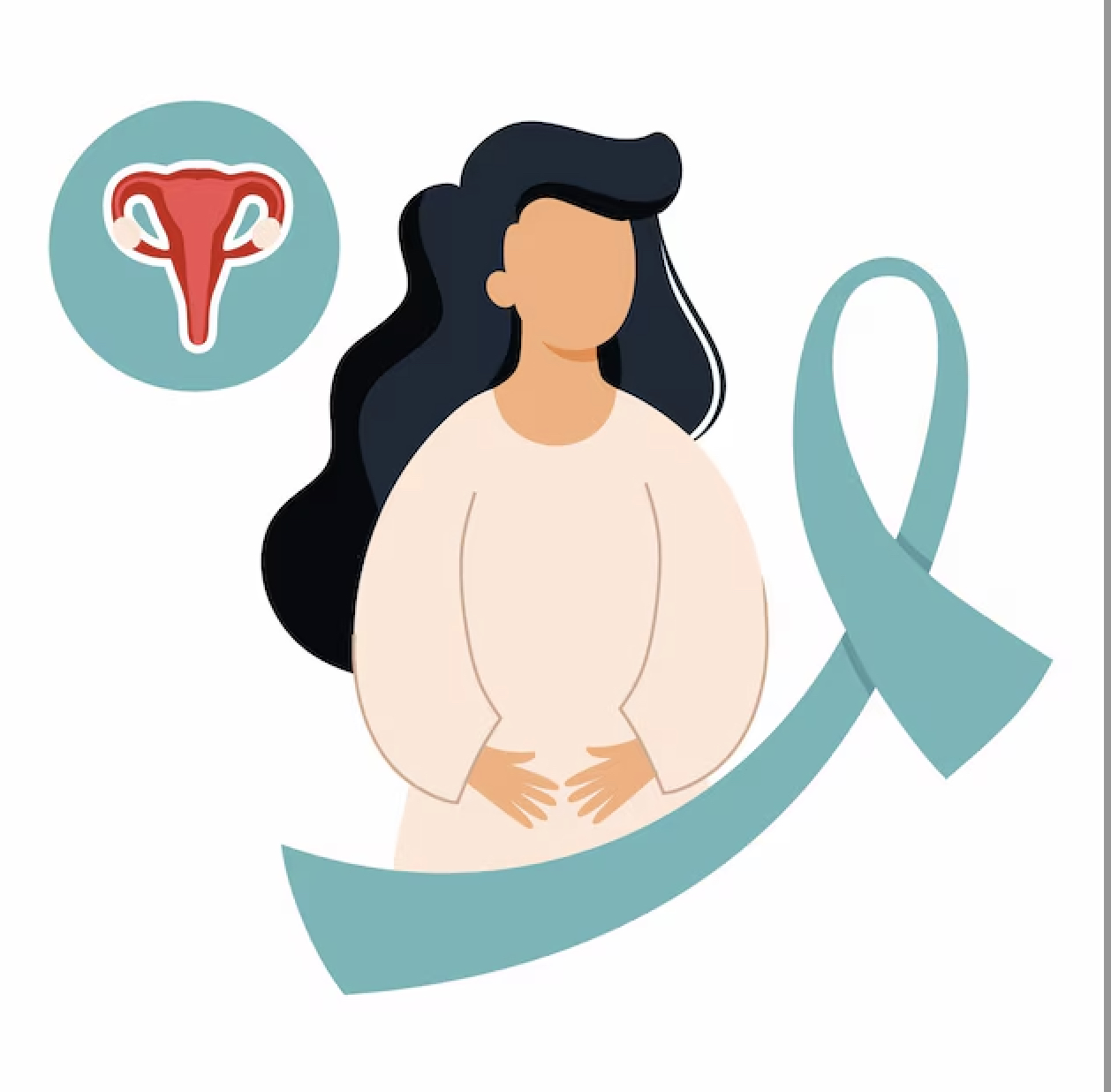
Risk Prediction Models for Cervical Cancer in Mexican Women at a Tertiary Hospital Researcher: Wendy Marisol Orzua De La Fuente, Instituto Nacional de Salud Pública, Mexico. Category: Laboratory
This project aims to employ AI to develop risk prediction models for cervical cancer diagnosis in a tertiary hospital in Mexico. Using machine learning algorithms, the project seeks to reduce the time between diagnosis and treatment, improving care for women with positive results. By identifying high-risk patients, the project will optimize referrals to specialized services, reducing service saturation and improving risk perception and diagnostic certainty among users.
More information find it here.

TeleNanu: Bridging Information Gaps on Sexual and Reproductive Health in Quechua for Adolescents and Youth in Ayacucho Researcher: Ana Miluzka Baca Gamarra, Universidad de San Martín de Porres, Peru. Category: Innovation
TELENANU is a teleconsultation service for sexual and reproductive health (SRH) targeting adolescents and youth in Ayacucho, Peru. Using AI, this project aims to strengthen access to SRH information and counseling, especially for communities facing barriers such as poverty, the Quechua language, and a lack of intercultural services. The project will be developed in five stages, including the creation of a Quechua-language chatbot and its implementation on social media. TELENANU is expected to reduce gaps in health service access, providing timely and quality information with an intercultural and gender-sensitive approach.
More information find it here.
|

